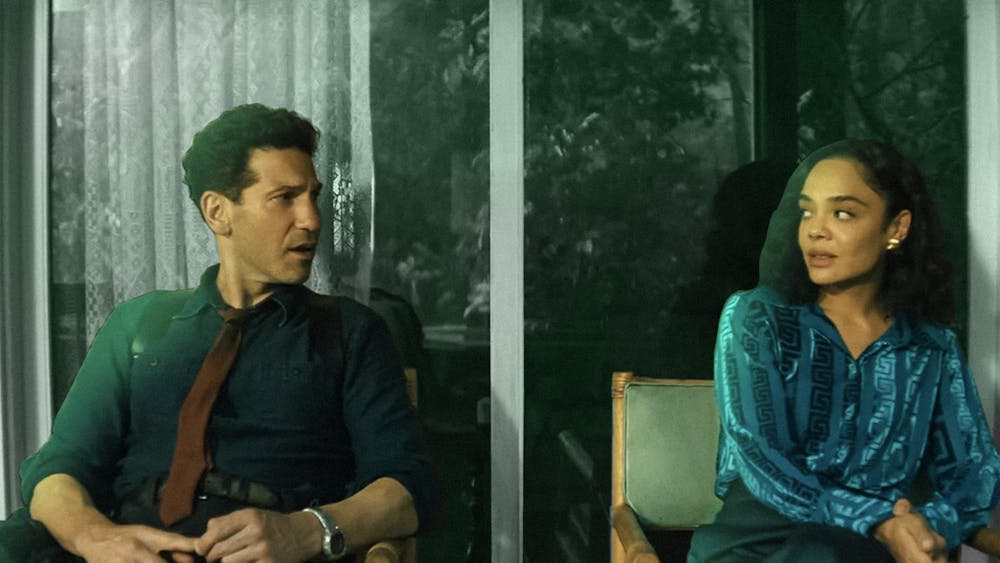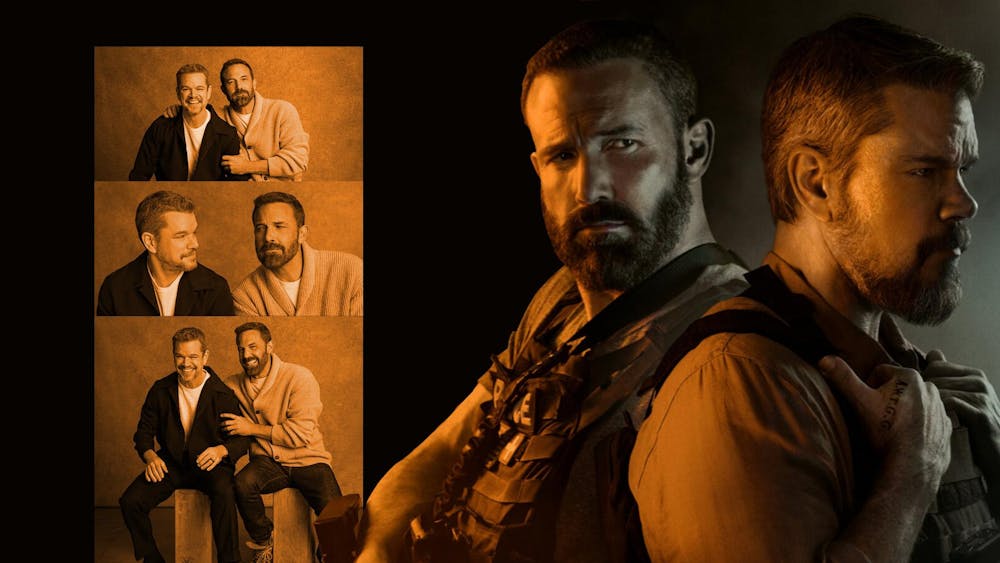
As the one and only “Game of Thrones” wound down on HBO, the premium cable channel churned out a slate of new shows and new seasons in an effort to maintain momentum. The acclaimed drama “Big Little Lies” returned for its second season in June, and new dramas “Euphoria,” led by Zendaya, and “Watchmen,” based off the dystopian superhero comic books and film, arrived over the summer as well. However, HBO’s biggest hit came in the form of the powerful drama miniseries “Chernobyl,” which took home the Emmy for Outstanding Limited Series on Sunday.
The miniseries creates an intense historical drama which combines the political conflict characteristic of “Game of Thrones” with the factual power of a chilling documentary.
“Chernobyl” tells the story of the immediate aftermath of the nuclear explosion at the Chernobyl Nuclear Power Plant in Northern Soviet Ukraine. The event carries significant historical weight — a cautionary tale about the use of nuclear power, the larger question of the nuclear arms race and a representation of the powers at play in 1980s Soviet Russia.
By shifting focus between closed-room, high-level debates between party officials and scientists and the immediate effects of the radiation on the common people, the miniseries emphasizes the powerful consequences the structure of a society can have on the lives of individuals. The utter horror and chaos of the explosion and the drastic potential consequences of the radiation are well represented. Meanwhile, the web of lies and strategic decision-making used to conceal the potential fallout and growing fears runs throughout.
In terms of historical accuracy, the miniseries takes liberties to ensure maximum entertainment. Ulana (Emily Watson) is a crusading nuclear physicist who emerges as a powerful character fighting for the people in the second episode; however, no such historical figure exists, as the character represents the hundreds of dedicated scientists who came together to try and stop Chernobyl from getting worse and to raise awareness about the true fallout. Additionally, all dialogue in the show is in English, a feature which makes the show more accessible yet slightly removes the event from its true context. Nonetheless, it’s gripping historical fiction.
If the show tries to get across any message, it’s that, obviously, Soviet socialism isn’t great. It’s painted as the primary culprit for the lies, shady political tactics and downright atrocities surrounding the Chernobyl catastrophe. However, the show makes Soviet socialism look pretty darn convincing.
In episode one, an elderly leader of the city of Pripyat, the city closest and most prone to the harmful radiation, points to a bronze image of Vladimir I. Lenin before delivering a rousing speech to the nuclear plant managers and local politicians about the role of the “apparatus of the State” and the importance of “faith in Soviet Socialism.” “When the people ask questions that are not in their own best interest, they should simply be told to keep their minds on their labor and leave matters of the State to the State,” he stoically states. After he concludes his order to seal off the city and contain the spread of “misinformation” with an inspiring message to his comrades — “This is our moment to shine” — he’s met with a standing ovation from the room. It’s like if Herb Brooks was trying to encourage a group of politicians to carry the torch of the Soviet State by lying to their own people rather than encourage a bunch of young and rowdy American hockey players to carry the torch of American freedom by winning a game of puck — really powerful Cold War history.
In the most riveting scene of episode two, a government official calls upon three facility workers to take up a suicide mission in an effort to prevent another explosion at the plant. “You’ll do it because it must be done. You’ll do it because no one else can,” he tells a crowd of skeptical laborers. “This is what has always set our people apart, a thousand years of sacrifice in our veins.” By the end of the speech, even I was ready to suit up and go in to the nuclear waste, because as they say, “Dulce et decorum est pro patria mori” (“It is sweet and fitting to die for one’s country.”)
Show: “Chernobyl”
Starring: Jessie Buckley, Jared Harris, Stellan Skarsgård
Favorite episodes: “Please Remain Calm,” “Vichnaya Pamyat”
If you like: “Game of Thrones,” “Show Me a Hero”
Where to watch: HBO
Shamrocks: 4.5 out of 5
HBO’s ‘Chernobyl’ and the power of Soviet socialism
Cristina Interiano | The Observer









